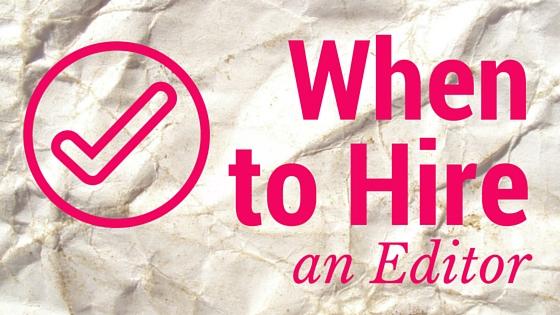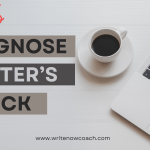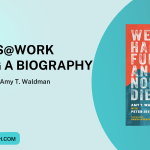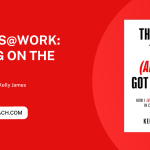When to Hire an Editor by Rochelle Melander
March 1, 2016
Note From Rochelle
Dear Writers,
I’ve had many great editors in my life. I credit them with mentoring and nurturing me throughout my writing career. Their helpful notes and questions have helped me to stretch my writing muscles.
Because I’ve published mainly through traditional publishing houses, I’ve always been assigned editors. But now that so many writers are going indie, finding and working with good editors has become every writer’s job. So, for the next few weeks, I’ll be blogging about editors—when to hire them, how to figure out what kind of an editor you need, how to hire an editor, and how to work with an editor.
Happy Writing!
Rochelle, the Write Now! Coach

I frequently field questions from writers asking: when should I hire an editor? How do I find one? What is a fair rate? Today’s post is the first in a series of articles designed to answer those very questions.
As writers, it’s tempting to think we can take a book from conception to publication all on our own. But it takes a village to raise a book. An editor can be a helpful partner at many stages of the writing and publication process.
When you get stuck.
Many writers give up when they bump up against a structural or content issues with a book and can’t figure out how to fix them. Early in the writing process or at any stage we get stuck, a development editor (someone who deals more with content than technical issues) can help us understand and fix the structure of the book or address issues of plot, character, and setting.
When you wonder if the book is good enough.
You’ve finished writing your book and although you trust the opinions of your first readers, you want to hear what an expert thinks of your book. You are curious about what works, what doesn’t work, and what you can do about it. This is a great time to hire someone to do a manuscript evaluation, a broad read of the book with an eye for content, flow, consistency and marketability. Many development editors will also make suggestions for how you can fix those issues.
When you want to make a good first impression.
Your book is done and has been read and critiqued for content and flow. You think you’re ready to go. But wait. Some editors and agents, faced with a deluge of submissions, will look for any reason to dump your work—even a small typographical error. You need someone to review your book for clarity and consistency. You also need someone to address grammar issues and typographical errors. At the very least, you want a proofreader. Or you might want a copy editor to provide a more substantial look at the final copy of your book.
When you are publishing the book on your own.
You’ve decided to self publish your book. Because you’re doing it all on your own, you’ll want to hire everyone you can to help: a development or content editor to make sure the book is organized well and makes sense; a copy editor to deal with issues of style and content; and a proofreader to check for minor errors. At the very end, you will probably want someone who can prepare your manuscript for publication, including typesetting, layout, and design.
When you get an agent or a publisher.
When an agent or publisher accepts a book, it is by no means done. An agent will often give suggestions for revision before submitting it to editors or even after receiving constrictive comments from a few editors. The publisher will also have editors who will help you further develop and edit the content of the book as well as copy editors and proofreaders to put it in tip-top shape for publication. No doubt, you will be doing the bulk of the rewriting here. But, at some point, an agent or a publisher might suggest you hire an editor to help you create the best book possible.
Your turn: When has an editor helped you take your book from good to great? Leave your comments below!















I came from the print publishing world where I had editors to help me shape my books and then double-check them for typos, grammar issues and stray thoughts. Now that I’ve turned to self-publishing, I really miss that second (and third and fourth) set of eyes but I don’t feel like I’m in a position to pay an editor what they deserve to edit my books. I know that money is coming up in a future post, so I’ll stick around and see where it goes.
Thanks for stopping by, Cynthia! I’ve been hiring editors for a bit now–both for books I intend to traditionally publish and for ebooks. It’s a helpful part of the process. But I’ve found beta readers and critique group partners to be helpful, too. (And free!)